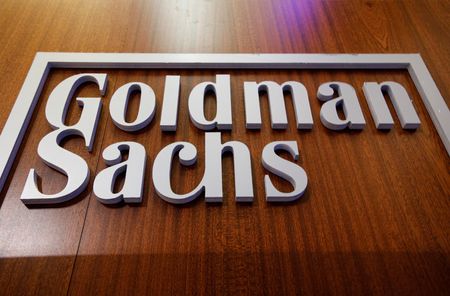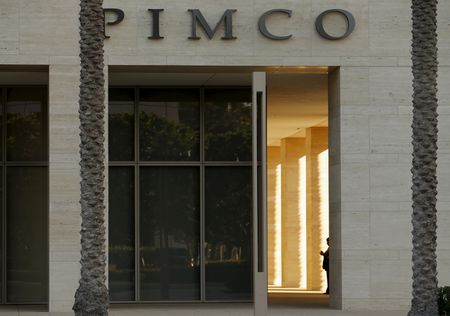By Sam Tobin
LONDON (Reuters) -Britain’s financial watchdog told the UK’s Supreme Court that a landmark ruling on motor finance commissions went “too far,” as a key appeal which will inform a potentially multi-billion pound consumer redress scheme began on Tuesday.
British lender Close Brothers and South Africa’s FirstRand are seeking to overturn a judgment which said brokers owe a fiduciary duty to customers and must have their fully informed consent to receive a commission from lenders.
The Court of Appeal ruled that lenders are therefore liable to consumers when the commission is “secret” and can be liable where disclosure of the commission is insufficient to obtain informed consent.
The Financial Conduct Authority (FCA), which has intervened in the case, is considering implementing a redress scheme which could leave brokers paying out tens of billions of pounds in compensation to customers who bought cars on finance.
The FCA’s lawyers said in court filings that the Supreme Court’s eventual ruling “will inform any steps taken by the FCA across the market, which is estimated to be worth approximately 40 billion pounds per annum.”
It added: “The sweeping approach of the Court of Appeal in – effectively – treating motor dealer brokers as owing fiduciary duties to consumers in the generality of cases goes too far.”
The FCA had already put its consideration of a redress scheme on hold pending the Court of Appeal’s ruling, giving customers until December to lodge complaints about commissions.
The three-day appeal at the UK’s highest court centres on whether car dealers owe duties as credit brokers to provide information to consumers and, if so, whether that makes any commission “secret” so as to make lenders liable to customers.
HIGH STAKES
October’s ruling from the Court of Appeal sent Close Brothers’ shares plummeting due to the prospect of customers having to be repaid the amount of the commissions plus interest.
The judgment also hurt the UK arm of Banco Santander, Lloyds and Barclays and threw the car finance market in the UK – where more than 80% of new vehicles are bought on finance – into disarray.
Close Brothers and FirstRand have set aside 165 and 140 million pounds respectively to cover potential claims – figures dwarfed by the 1.15 billion pounds ($1.49 billion) Lloyds has earmarked. Santander UK has set aside 290 million pounds and Barclays 95 million pounds.
If the Supreme Court dismisses the lenders’ appeals, “it could send shockwaves spreading far beyond just the car finance industry,” said Tom Webley, a partner at Reed Smith who is not involved in the case.
“There are a wide range of businesses that provide credit through commission-earning intermediaries and all of them could be affected by this judgment,” Webley added.
Close Brothers’ lawyers, similarly, said the Court of Appeal’s judgment if it stood would “have profound and adverse implications for the motor finance industry and customers.”
The Court of Appeal said in its ruling that brokers should act in their customers’ best interests and not receive a commission without obtaining their “fully informed consent.”
FirstRand’s lawyers, however, argued the Court of Appeal had misunderstood the role of car dealers who introduce customers to lenders.
“The dealer’s primary role is as seller of the car,” the bank’s lawyer Mark Howard said in court filings. “This makes it highly improbable that they would undertake to act loyally to the customer in respect of the credit broking arrangement.”
($1 = 0.7729 pounds)
(Reporting by Sam Tobin; Editing by Andrew Heavens and Bernadette Baum)










